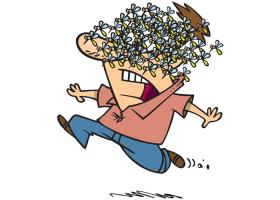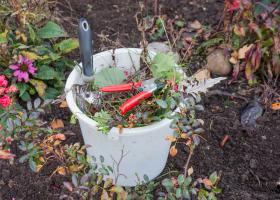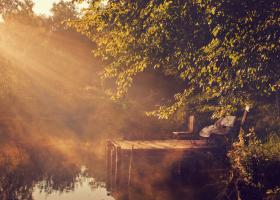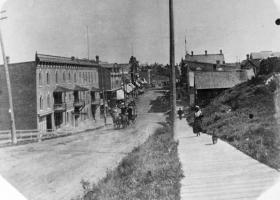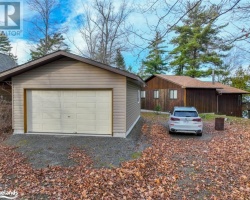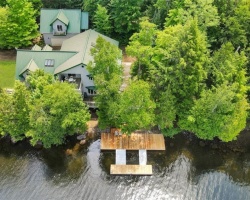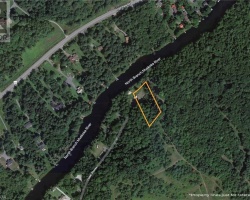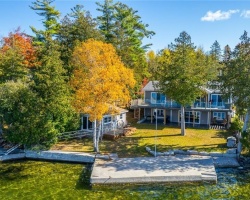Mulching your Garden
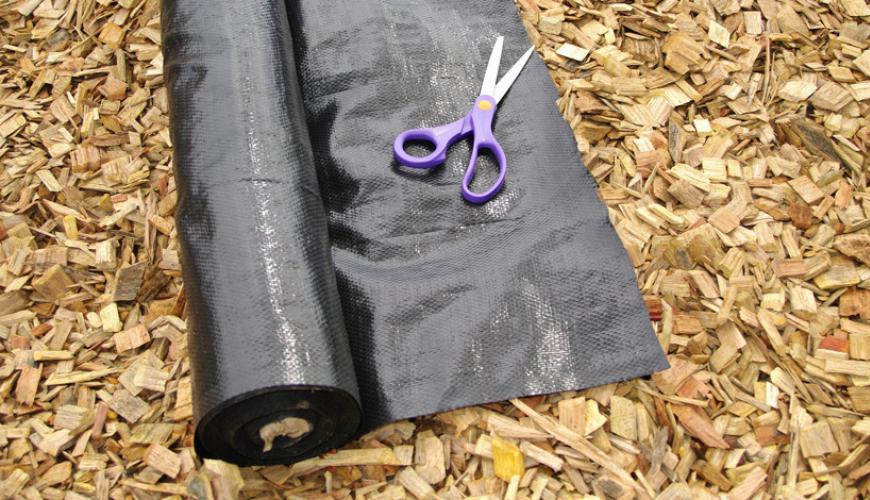
Rumor has it that mulching your garden beds or trees and shrubs could starve your plants.
The logic behind the starvation rumour goes like this:
The two nutrients most needed by soil microorganisms are carbon and nitrogen.
Wood chips, straw, sawdust and many other organic mulches are high in carbon but low in nitrogen. When soil microorganisms chew away on such mulches, decomposing them, they have to balance their carbon-rich diet with extra nitrogen, which they must find somewhere else. So they pull this nitrogen from the soil, and are a lot better than plants at getting it. The result: plants starved of nitrogen.
However, this nitrogen starvation is only temporary, for starters. As soil microorganisms die, the nitrogen in their bodies is released back to the soil. There, it becomes available to plants once those microorganisms have used up enough soil carbon, “breathing” it out of the ground as carbon dioxide.
Here’s a little gardening secret—that layer that adds a professional-looking, finishing touch to flower beds is called mulch. And as much as it enhances the beauty of a garden, mulch improves the health of the soil and lightens your gardening chores, too. Here are some of the benefits and a DIY guide to creating your own fabulous mulch.
Improve the soil Organic mulches gradually break down and become part of the soil structure, improving its tilth (the condition of cultivated soil), so that roots are better able to absorb nutrients and moisture from the ground. And, depending on the type of mulch you use, it also enriches the soil with minerals and other essential plant food elements. Conserve water During the summer, mulch acts as a barrier against the drying effects of the sun and wind, preventing evaporation and keeping moisture in the soil. This cuts down on the need for supplemental irrigation, which helps conserve precious water resources.
Keep it cool On hot days, soil temperatures can rise high enough to cause many garden plants to wilt. Although most recover during the cool of the evening, these widely fluctuating temperatures can adversely affect plant health. Mulch acts as an insulator, moderating soil temperatures and reducing plant stress. Away with weeds Both organic and inorganic mulches help suppress weeds. Blocked from the sun under a layer of newspapers, shredded leaves or plastic, most weed seeds are unable to germinate.
And, mulch prevents weed seeds blown in from the neighbouring area from reaching the soil below, so they fail to take hold.
| Type of Mulch | Advantages | Concerns |
|---|---|---|
| Grass clippings | Is cheap, readily available, and easy to apply | Decays quickly, so you have to replenish it often; if you use weed killers on your lawn or nitrogen-heavy fertilizer, it may adversely affect other parts of the garden; can turn slimy if you apply more than an inch or so at a time; if the grass went to seed before you cut it, the grass seeds can germinate in your garden beds |
| Wood or bark chips | Looks neat and attractive; stays where you put it; is slow to decay | Pine bark mulch is fairly acidic, which you may or may not want for your garden; if you apply too deeply or apply a deep layer up against tree and shrub trunks, you may create a hiding spot for a bark-damaging rodent, especially during winter |
| Decaying leaves | Smothers weeds very well; helps hold in soil moisture | Is not especially attractive; if it contains seeds, they can germinate and become a weed problem; if the leaves are soft, like maple leaves, the mulch can mat; if it's acidic (oak especially), it can lower your garden soil's pH |
| Compost | Is free and plentiful if you have your own compost pile; adds nutrients to the soil as it breaks down | Makes a good place for weeds to take hold; fresh compost (especially if it contains manure or grass clippings) can burn plants |
| Peat moss | Looks neat and tidy; is versatile — also functions as a soil amendment | Can be expensive; if dry, will repel water; becomes crusty over time |
| Straw | Is cheap and easy to apply | Is so light it can blow or drift away; may harbor rodents, especially over the winter months; isn't very attractive for ornamental plantings |
| Hay | Is cheap and easy to apply | May harbor rodents, especially over the winter months; isn't very attractive for ornamental plantings; probably contains weed seeds! |
| Gravel, pebbles, or stone | Has a nice, neat look (though not "natural"); is easy to apply; won't wash away easily and will last a long time; doesn't need to be replenished over the course of a season in colder climates | Can allow weeds to sneak through; provides no benefits to the soil |
| Plastic (garden plastic, black plastic, landscaping fabric) | Keeps weeds at bay; holds soil moisture and warmth in | Watering and feeding is hard (you need to cut openings for plants); can be difficult to apply unless you're doing an entire area at one time; isn't very attractive |
| Rubber (shredded rubber) | Doesn't attract insects; doesn't wash away; can be expensive | Highly flammable; fire is hard to extinguish; can release contaminants into soil when rubber breaks down |
